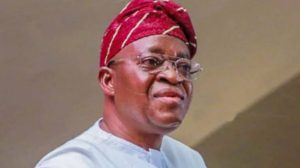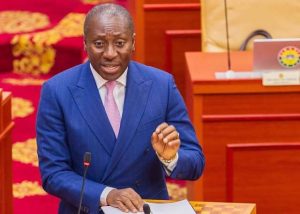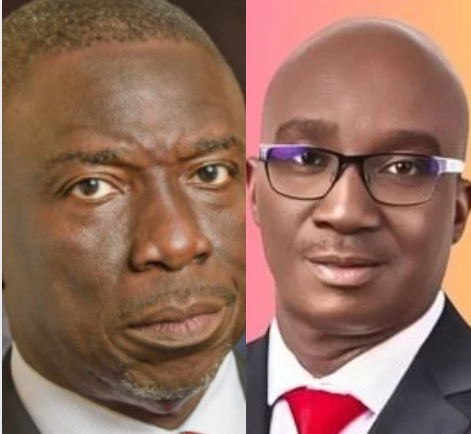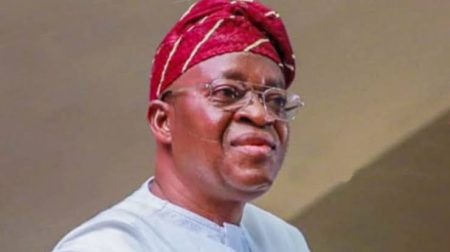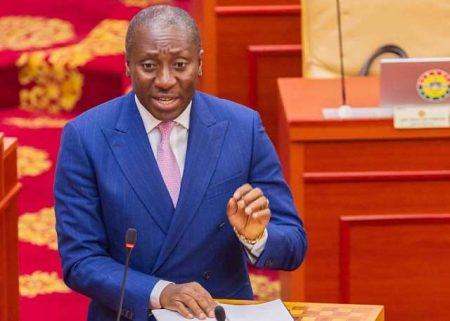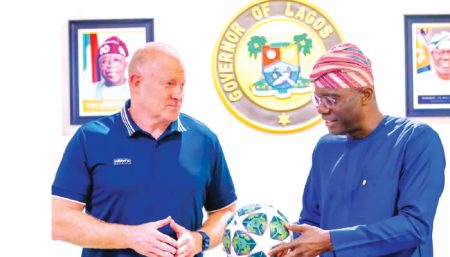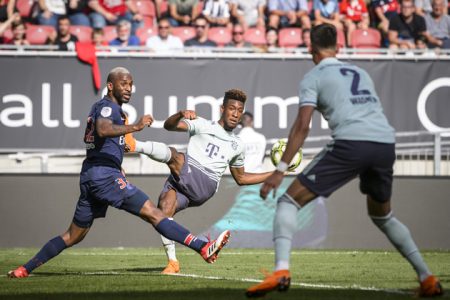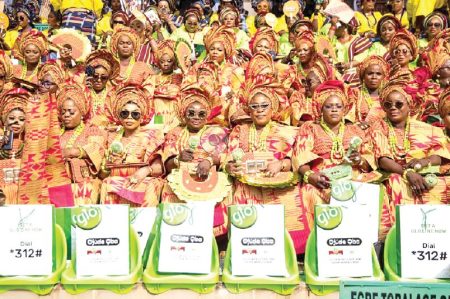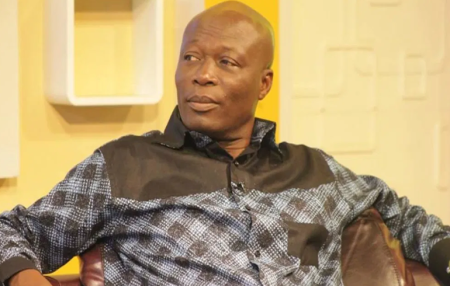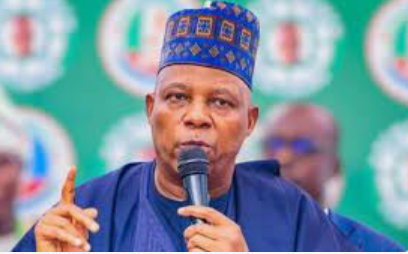The Edo State governorship election of September 21, 2024, culminated in a legal battle that reached the Supreme Court. Asue Ighodalo, the Peoples Democratic Party (PDP) candidate, challenged the victory of All Progressives Congress (APC) candidate, Monday Okpebholo, who was declared the winner by the Independent National Electoral Commission (INEC). Ighodalo’s appeal, heard by a five-member panel led by Justice Garba Lawal, sought to overturn the judgments of the lower courts, which had consistently upheld INEC’s declaration. The Supreme Court, after hearing arguments from both sides, reserved judgment, promising to communicate the date of the final verdict to the involved parties.
The core of Ighodalo’s petition revolved around allegations of widespread irregularities, including over-voting, violations of the Electoral Act, incorrect collation of figures, errors in vote computation across 765 polling units, and INEC’s failure to serialize ballot papers or pre-record sensitive materials. The PDP and its candidate argued that these lapses facilitated electoral malpractice in favor of the APC and Okpebholo. Their legal team, spearheaded by Senior Advocate of Nigeria Ken Mozia, urged the Supreme Court to nullify the election results based on the presented evidence.
The journey through the legal system began with the Edo State Governorship Election Petition Tribunal, which dismissed Ighodalo’s petition on April 2, 2025. The tribunal, chaired by Justice Wilfred Kpochi, cited the petitioners’ failure to substantiate their claims of over-voting and electoral irregularities as the primary reason for dismissal. The tribunal highlighted the petitioners’ failure to call crucial witnesses like polling unit agents, presiding officers, or registered voters to corroborate their claims. Furthermore, the tribunal noted that the presented BVAS machines, intended to prove over-voting, were not effectively demonstrated and remained “dormant” without witness testimony linking them to the allegations.
The Court of Appeal in Abuja subsequently affirmed the tribunal’s ruling on May 29, 2025, further solidifying the lower court’s decision. Both courts concurred that Ighodalo’s petition lacked merit. The tribunal specifically addressed several key allegations. Regarding the alleged non-compliance with electoral guidelines, the tribunal found that the petitioners failed to prove INEC’s deviation from the Electoral Act or its rules of conduct. Claims of missing serial numbers on ballots were dismissed due to the presence of figures, and allegations of a lack of pre-recording of electoral materials were similarly rejected.
During the trial at the tribunal, the petitioners presented nineteen witnesses and subpoenaed an INEC Senior Technical Officer, who brought 154 BVAS machines from 133 polling units to support their over-voting claims. However, INEC did not present any witnesses, while Okpebholo and the APC called one and four witnesses, respectively. The respondents consistently argued that Ighodalo failed to prove beyond a reasonable doubt that he won the election or that there was significant non-compliance with electoral laws.
The final results announced by INEC showed Okpebholo securing 291,667 votes, while Ighodalo trailed with 247,655 votes. During the Supreme Court hearing, INEC’s representative, Kanu Agabi, urged the court to dismiss the appeal, arguing that the PDP and Ighodalo’s description of the election as illegal contradicted their request to be declared winners of the same election. He emphasized the inconsistency in their case, urging the justices to reject their claims. Okpebholo’s counsel, Onyechi Ikpeazu, and APC’s counsel, Emmanuel Okala, aligned with Agabi’s position, also requesting the dismissal of the appeal. The Supreme Court reserved judgment, leaving the final outcome of the protracted legal battle hanging in the balance.


